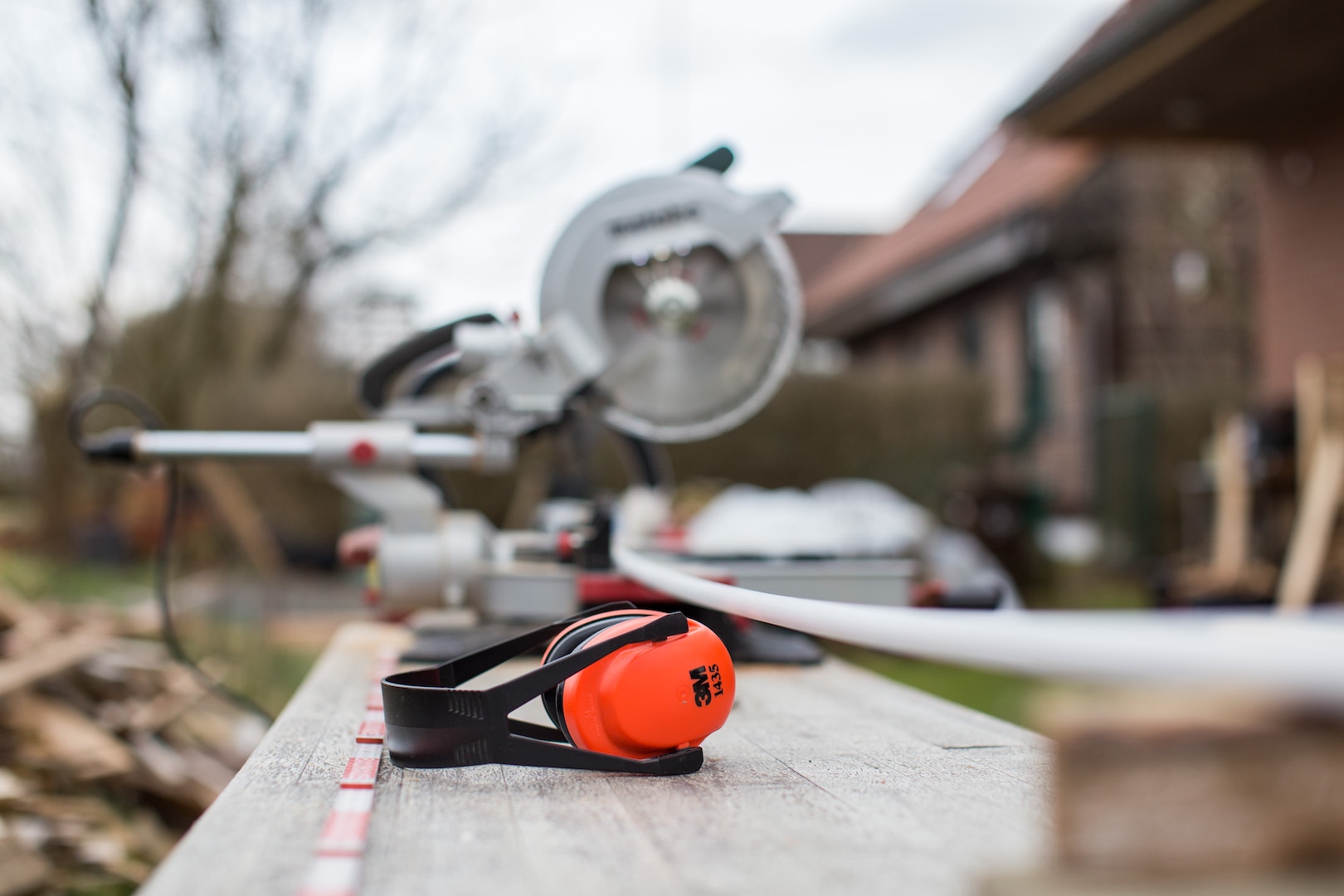
Often when small business owners hear the term surety bond many respond, “Oh, I didn’t know that exists?”
Some business owners in certain industries are aware of it and simply purchase a surety bond to tick it off their to-do list. However, few really understand its importance. Surety bonds protect parties that may be affected by your business, such as clients, subcontractors, or the state.
Surety bond basics
For industries that require one, a surety bond ranks high on a business owners’ priority list. For example, if you start a construction company, you will not be able to bid on a construction project without one. Meanwhile, a license will not be issued to an automobile dealer unless they are bonded. These are just two examples of the many industries that require a surety bond.
Surety bonds are indeed widely used yet often misunderstood. It is not exactly rocket science, but it is not the simplest thing in the world either. If you are currently bonded but still confused or think you may need one before you start your business, here’s what you need to know.
What is a surety bond?
The Surety & Fidelity Association of America defines a surety bond as “a written agreement that usually provides for monetary compensation in case the principal fails to perform the acts as promised.” This agreement is a legally binding one wherein parties will create enforceable duties that did not exist before. Basically, the first party will guarantee the performance of the second party to a third party in case the second party fails to fulfill an obligation.
Who are the parties involved in a surety bond agreement?

There are three parties to the surety bond, namely the Principal, Obligee, and Surety. To better understand the roles of each party, let’s use the most common industry where a surety bond is required – construction.
-
Principal
The principal is the party who purchases the bond and is responsible for fulfilling all of the obligations set forth in a bond agreement. If the principal fails to perform any of the obligations or commits a misconduct, under the terms of the bond, the principal must indemnify the obligee. In construction, the general contractor and company owner is the principal of the surety bond.
-
Obligee
The obligee is the party to whom the bond is purchased and the bond’s beneficiary. The obligee is also the party who will determine the obligations of the bond. If the principal defaults on an obligation, the obligee will be the one to receive a compensation – which is up to the bond’s maximum face value. Based on our example, the obligee will be the construction project owner such as a governmental agency.
-
Surety
The surety will be the principal’s guarantor. The surety will guarantee to the obligee that the principal will fulfill the obligations of the bond.
Is a surety bond similar to business insurance?
No. Even though surety bonds are issued by legitimate insurance companies and some lines of insurance are similar to surety bonds, they are not one and the same. For one, they are underwritten on different premises. Secondly, insurance is a two-party risk transfer mechanism while a surety bond involves parties. Insurance companies rely heavily on probability in order to control losses. On the other hand, a surety chooses qualified principals to control losses.
Final thoughts
Surety bonds are often necessary to protect the interests of the public and taxpayers. Meanwhile, due to hard economic times and high failure rates of companies in certain industries, like construction, many large private projects now require surety bonds.
Surety bonds are a critical success element to a growing number of small businesses. Without them, buildings would not be built and small businesses would not be able to occupy their commerical lease or coworking spaces. Ultimately, bonding activities can have a huge impact on your ultimate success.
Greg Rynerson graduated from the University of Oregon in 1986; obtaining a BS in Economics and Finance. He also obtained a CPCU Degree, which is similar to having a Master’s Degree in Insurance and Surety Bonds, which has provided him with a well-rounded understanding of Surety Bonds. He’s been in the surety bond industry for over 30 years.
© YFS Magazine. All Rights Reserved. Copying prohibited. All material is protected by U.S. and international copyright laws. Unauthorized reproduction or distribution of this material is prohibited. Sharing of this material under Attribution-NonCommercial-NoDerivatives 4.0 International terms, listed here, is permitted.




